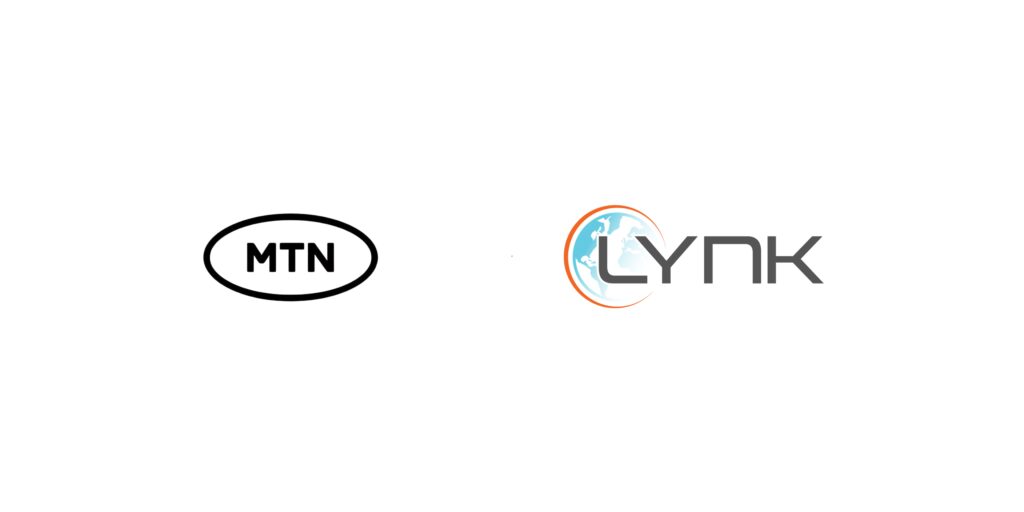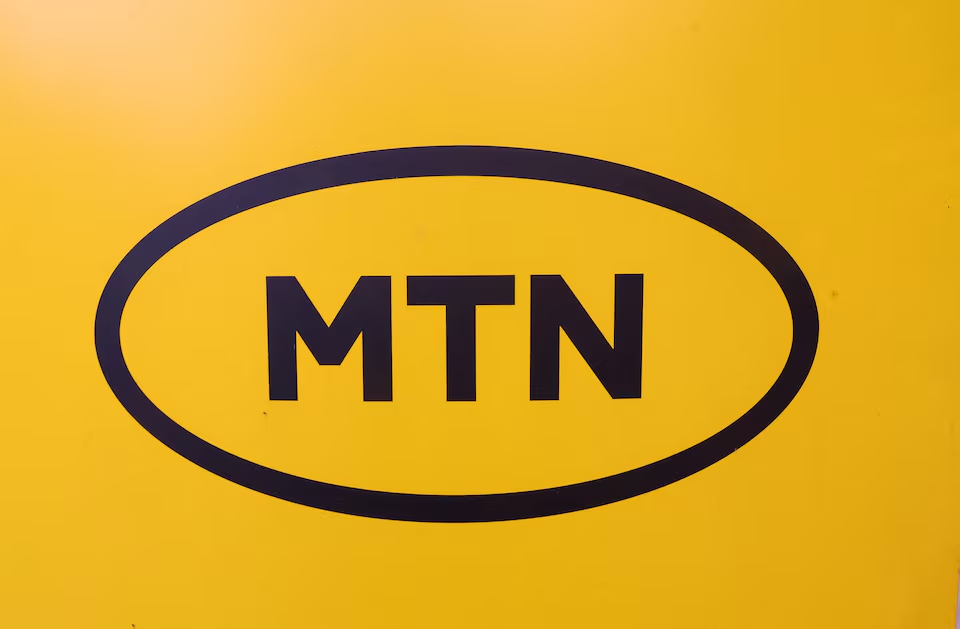JOHANNESBURG, March 27 (Reuters) – The South African unit of MTN Group and American low-earth orbit (LEO) satellite provider Lynk Global said on Thursday they had made Africa’s first phone call via satellite, a potential solution to providing coverage in underserviced and rural areas.
Mobile operators and smartphone makers are racing to deploy satellite services to close gaps in network coverage.
The Reuters Daily Briefing newsletter provides all the news you need to start your day.
The call in Vryburg, in the North West province of South Africa, was part of a technical trial that enabled MTN (MTNJ.J) and Lynk Global to test voice-call quality using a standard smartphone and SMS capabilities over a LEO satellite connection, MTN South Africa Chief Executive Officer Charles Molapisi said.
“The technical trial was part of our work to find potential solutions to the challenges of providing coverage in underserved, rural, and remote areas,” he added.
Molapisi said the call showed MTN’s ability to complement its ground-based cell towers and other infrastructure with LEO satellite.
The companies received approval from the telecoms regulator ICASA to use radio frequencies on MTN-licensed spectrum for the trial. They did not elaborate on their next steps.
In November, MTN Group CEO Ralph Mupita announced that MTN South Africa was carrying out proof of concepts—showing the feasibility of the plan—with a number of LEO satellite operators for possible partnerships.
LEO satellites provide high-speed internet even in areas where terrestrial telecommunications infrastructure such as fiber and mobile broadband is difficult and expensive to deploy.
MTN’s smaller rival, Cell C, is also seeking similar partnership agreements.
South Africa’s biggest operator, Vodacom (VODJ.J), majority owned by Britain’s Vodafone (VOD.L), announced a partnership with Amazon’s Project Kuiper LEO satellite in 2023.
Source: Extensia





